Zientzia hedabideetan
-
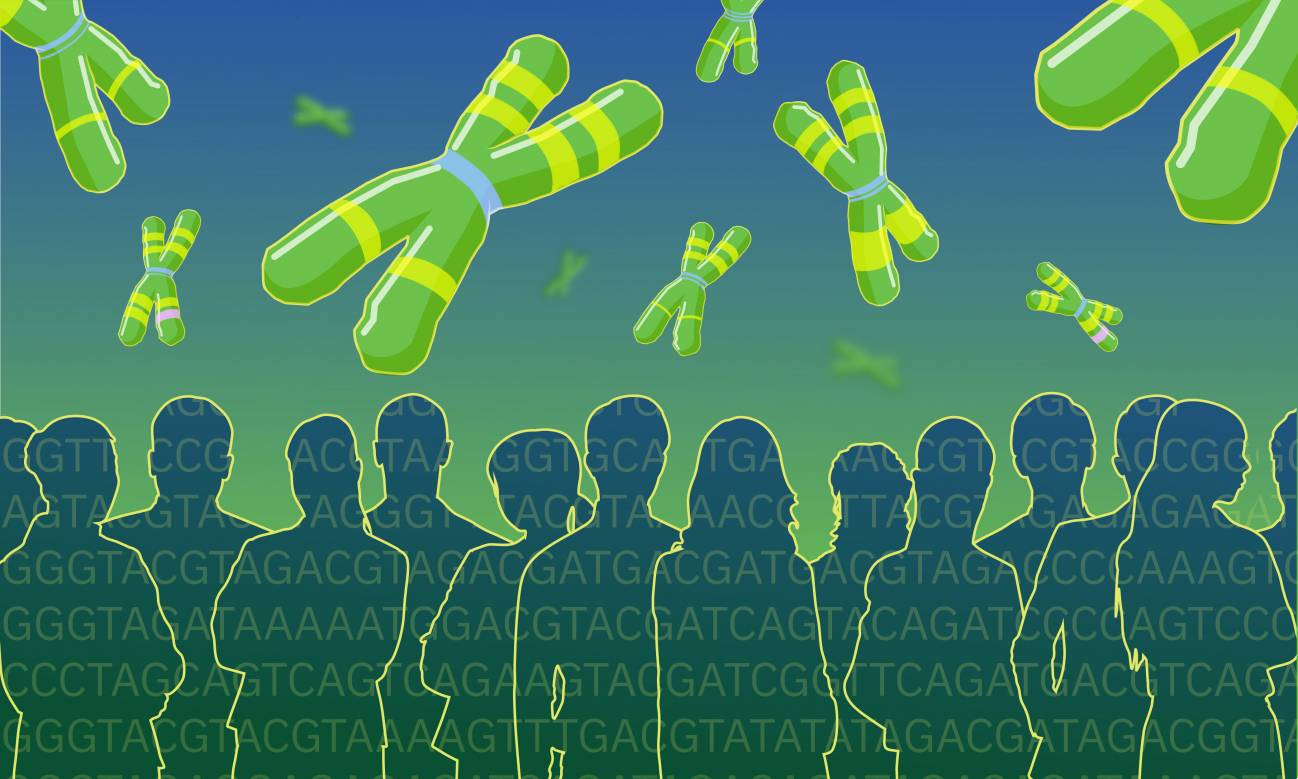
Reescriben el genoma humano con miles de variaciones antes invisibles
Tecnologías como la desarrollada en el CRG de Barcelona y nuevas secuencias de ADN completas permiten construir el mapa genético más preciso hasta ahora, con aplicaciones clave en medicina personalizada […]
-
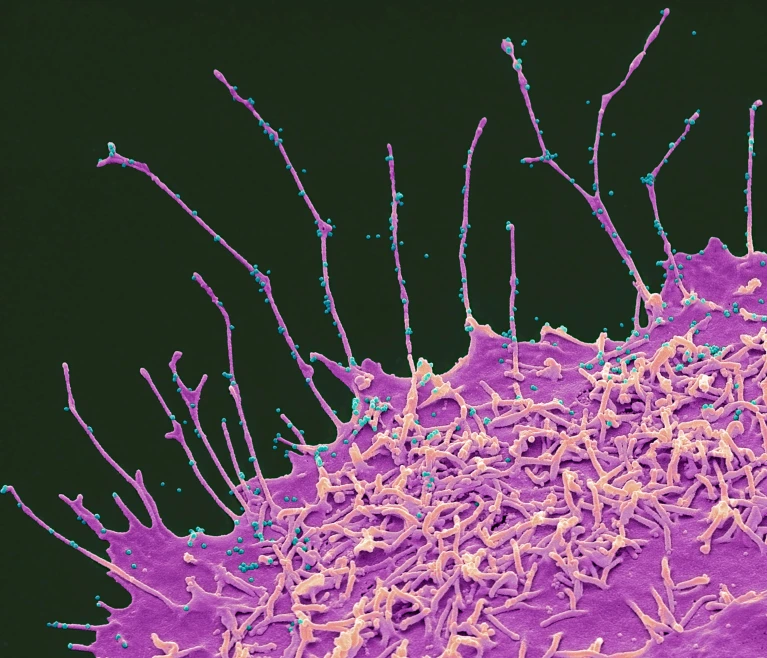
People’s brains aged faster during the COVID pandemic — even the uninfected
Study of nearly 1,000 people showed that brain ageing was not linked to infection status, but cognitive decline was.
-
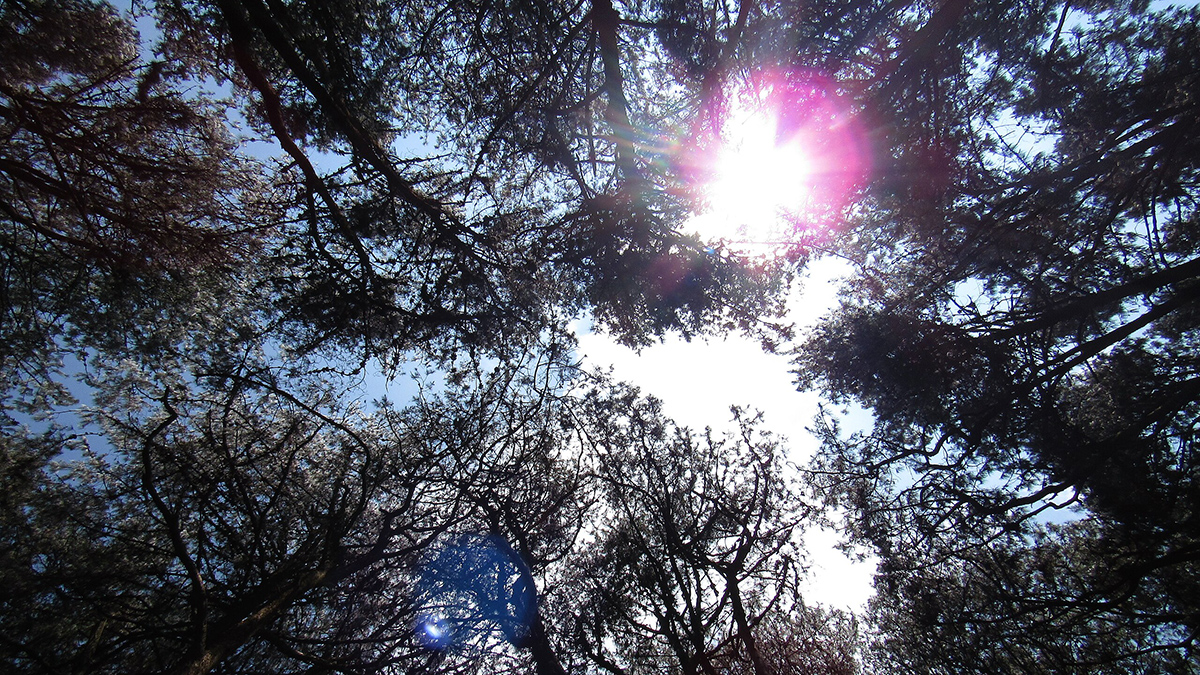
How Plants Respond to Scattered Sunlight
A new study investigates how diffuse light affects evapotranspiration and carbon uptake across forest, grassland, shrub, and agricultural areas.
-
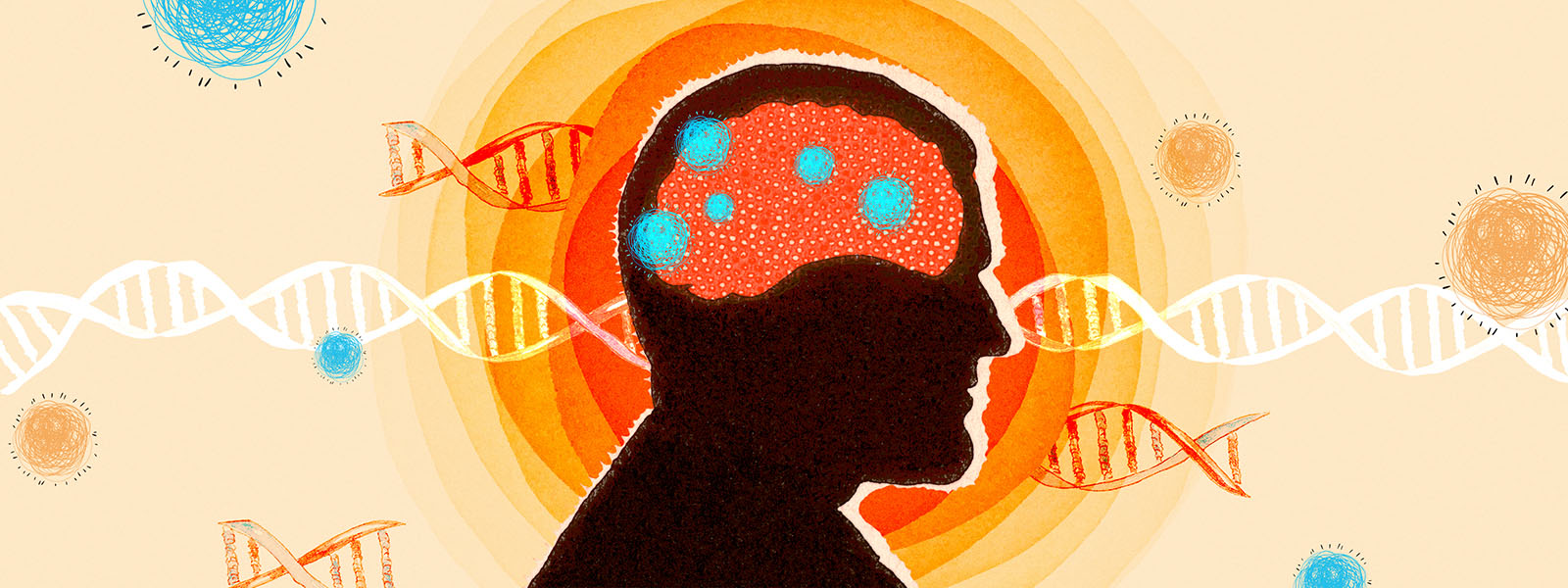
Los genes saltarines rebeldes pueden acelerar el alzhéimer y la esclerosis lateral amiotrófica
Nuestros genomas están salpicados de segmentos de ADN llamados retrotransposones que pueden desplazarse de un lugar a otro. Cuando se liberan, algunos pueden matar nervios y promover la inflamación —un […]
-

¿Qué le sucede a nuestro cerebro cuando vemos vídeos a velocidades más rápidas de lo normal?
Es fácil pensar en las ventajas de ver las cosas más rápido. Nos permite consumir más contenido en el mismo tiempo o repasar el mismo contenido varias veces para sacarle […]
-

La próxima “Tormenta del Siglo” podría ser aún más fuerte
Un análisis de casi un siglo de datos climáticos revelan las potentes tormentas invernales que golpean la costa este de EE.UU.
-

Pedro Miguel Etxenike: “Zientzialaria izatea pribilegio bat da, eta horrek ardura bat dakar”
DIPCko bere bulegoan izan da elkarrizketa. Argazkilaria lanean hasi denean, arroparengatik desenkusatu da [kirol-jertse bat dauka jantzita]: “Ez nintzen gogoratzen elkarrizketa genuenik”. Baina Elhuyar aldizkariarentzako dela eta, gustura egingo omen du. Euskaraz […]
-
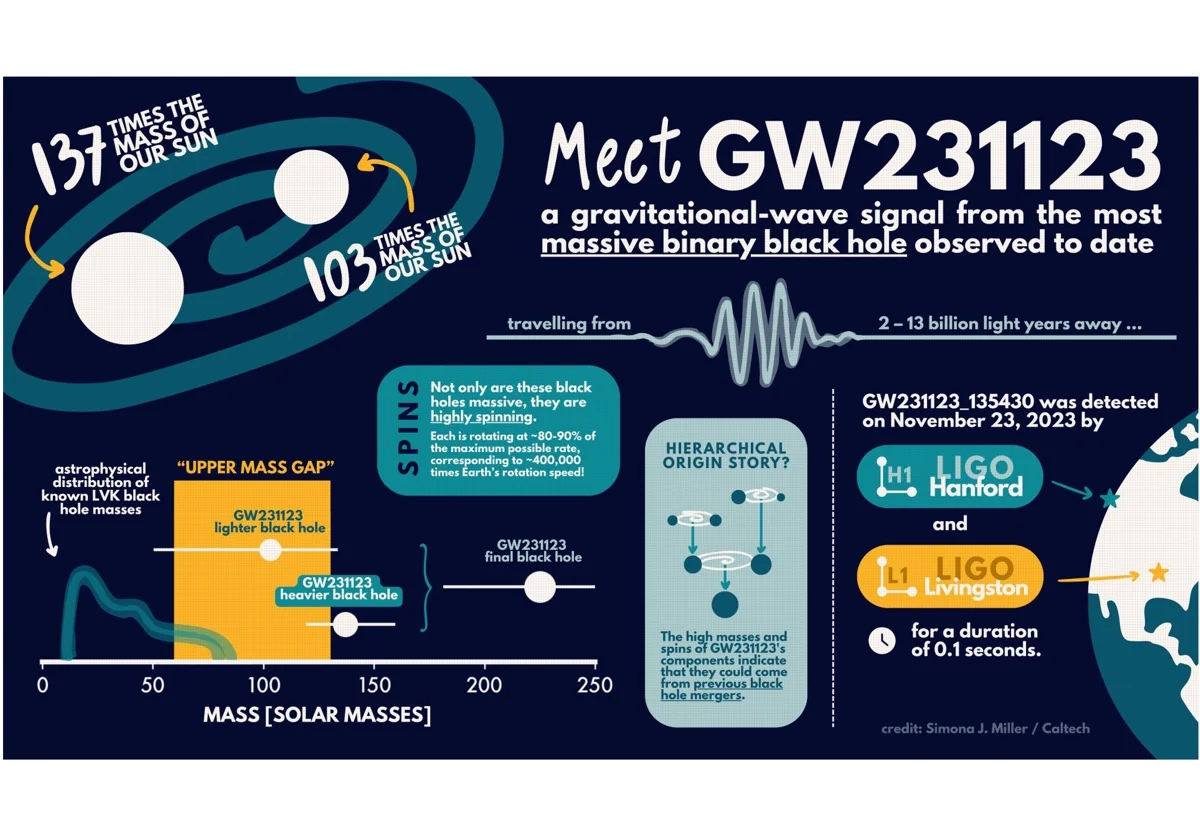
Detectan la mayor fusión de agujeros negros vista hasta ahora con ondas gravitacionales
Con 250 masas solares, casi el doble de masa que la mayor fusión anterior, el evento GW231123 roza los límites de lo que permite la física de Einstein y obliga […]
-
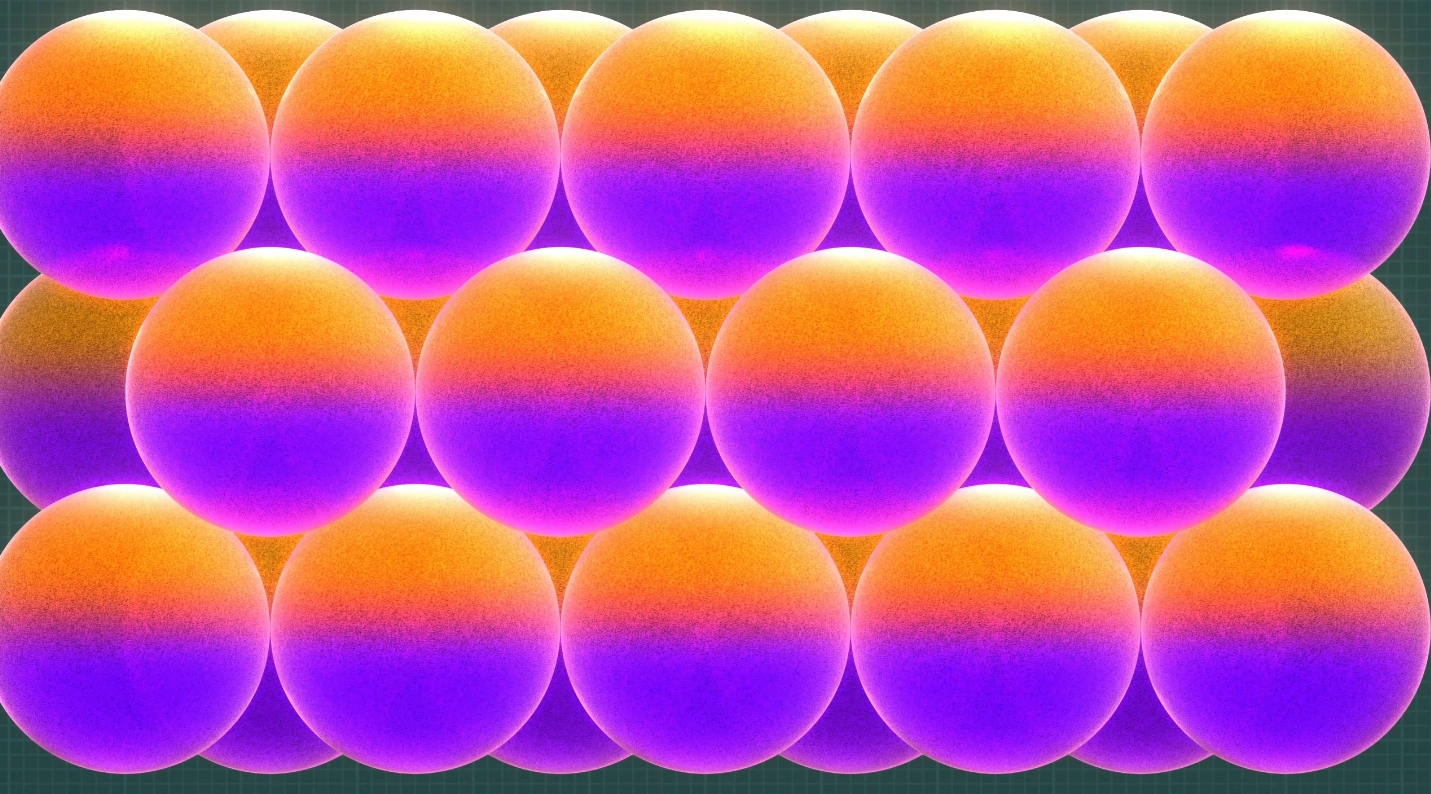
New Sphere-Packing Record Stems From an Unexpected Source
After just a few months of work, a complete newcomer to the world of sphere packing has solved one of its biggest open problems.
